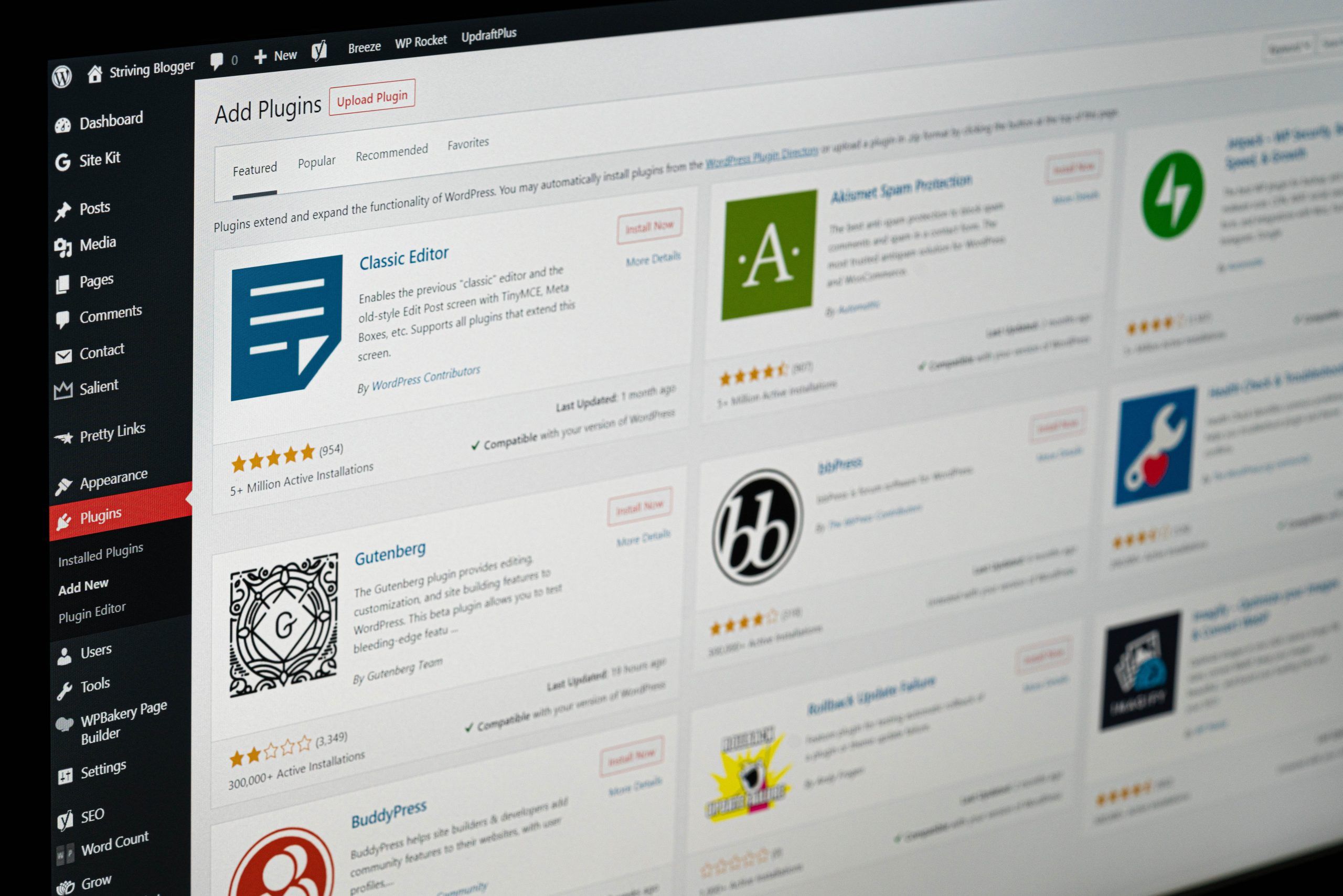WordPress, the world’s most popular content management system, powers a significant portion of websites on the internet. Its ease of use, flexibility, and vast ecosystem of themes and plugins make it a top choice for bloggers, businesses, and developers alike. However, a frequently asked question by many users is: “Are WordPress sites secure?” The answer is nuanced. While WordPress itself is built on a secure foundation, the overall security of a WordPress site largely depends on how it is set up, maintained, and managed. As a seasoned WordPress blogger, I’ve encountered numerous security challenges, leading me to discover tools like WP Captcha, which effectively bolster site security.

The Core of WordPress Security
At its core, WordPress is developed with security in mind. The team behind WordPress continually works to improve its security features and fix any vulnerabilities that arise. Regular updates are released to address security concerns, making it crucial for website owners to keep their WordPress core updated to the latest version.
Regular Updates: The First Line of Defense
One of the key factors in ensuring WordPress site security is regularly updating the WordPress core, along with themes and plugins. These updates often include security patches that address vulnerabilities discovered since the last update. Neglecting these updates can leave a site exposed to known security risks that can be easily exploited by attackers. Similarly, keeping plugins like WP Captcha updated ensures that the latest security measures are in place to combat evolving threats.
Strong Passwords and Two-Factor Authentication: Your Digital Gatekeepers
Using strong, unique passwords for your WordPress admin area, and implementing two-factor authentication (2FA), adds an extra layer of security. Strong passwords are harder to crack, while 2FA introduces an additional step for verifying the identity of users, making unauthorized access more difficult. Additionally, tools like WP Login Lockdown can further enhance security by limiting the number of login attempts from a specific IP address, thereby reducing the risk of brute-force attacks.
Choosing the Right Themes and Plugins
The vast selection of themes and plugins is one of WordPress’s biggest attractions, but it’s also a potential security risk. Opting for reputable themes and plugins—and avoiding nulled versions—is crucial. Nulled themes and plugins, which are pirated copies of premium products, often contain malicious code that can compromise your site’s security.

Security Plugins: Enhancing Your WordPress Site’s Defense
To further bolster security, utilizing security plugins can provide added protection against common threats. These plugins offer features like firewall protection, malware scanning, and security hardening, which help in safeguarding your site against various types of cyber threats.
Regular Backups: Your Safety Net
Regularly backing up your WordPress site is essential. In the event of a security breach or data loss, backups ensure that you can restore your site to a functioning state without losing critical data.
The Role of Secure Hosting
Finally, the hosting environment plays a significant role in the security of a WordPress site. Choosing a hosting provider that offers robust security measures, such as SSL certificates, secure file transfer protocols, and regular server-level backups, is vital. Some hosts also provide WordPress-specific security features that further enhance the safety of your site. In my journey, combining reliable hosting with plugins like WP Captcha has provided a comprehensive shield for my WordPress sites.
Conclusion: A Shared Responsibility
In conclusion, while WordPress itself is a secure platform, the security of a WordPress site depends significantly on how well it is managed. Regular updates, strong passwords, careful selection of themes and plugins, the use of security plugins, regular backups, and choosing a secure hosting environment are all critical practices for maintaining a secure WordPress site. By adhering to these best practices, you can ensure that your WordPress site remains safe and secure against common internet threats. In my experience, adding an extra layer of security with plugins such as WP Captcha has proven invaluable in protecting my WordPress sites from unwanted spam and automated attacks.





